WEB AND APP DEVELOPMENT COURSES

FULL STACK DEVELOPER
This comprehensive Full Stack Developer course equips learners with the skills to build complete web applications from front to back. Covering HTML, CSS, JavaScript, React (or Angular), Node.js, Express, and database systems like MongoDB and MySQL, the course offers hands-on experience in designing, developing, and deploying responsive, scalable web solutions. Students will also explore API development, version control with Git, and cloud deployment platforms like Heroku or AWS. By the end of the course, learners will be able to create full-fledged applications independently, understand best practices in development workflows, and be ready for real-world full stack developer roles.
REQUEST FREE DEMO
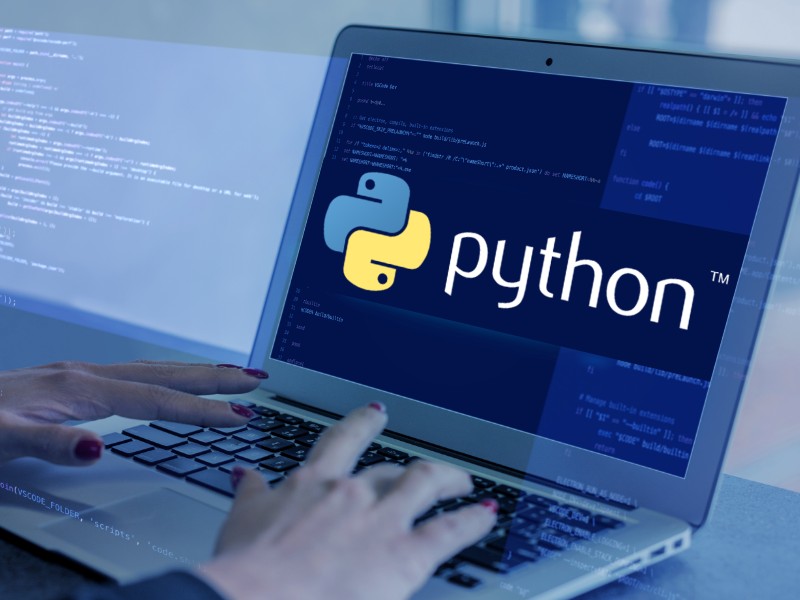
PYTHON DEVELOPER
This Python Developer course provides in-depth training in Python programming for web development, automation, and data handling. Learners will gain practical experience with Python basics, object-oriented programming, file operations, error handling, and modules. The course includes building applications using Django or Flask, interacting with databases, and creating RESTful APIs. It also touches on scripting for automation, basic data analysis, and integrating with third-party libraries. Ideal for beginners and intermediate programmers, the course prepares students for careers in backend development, automation, or data-centric roles. By the end, learners will have the skills to build and deploy robust Python-based applications.
REQUEST FREE DEMO
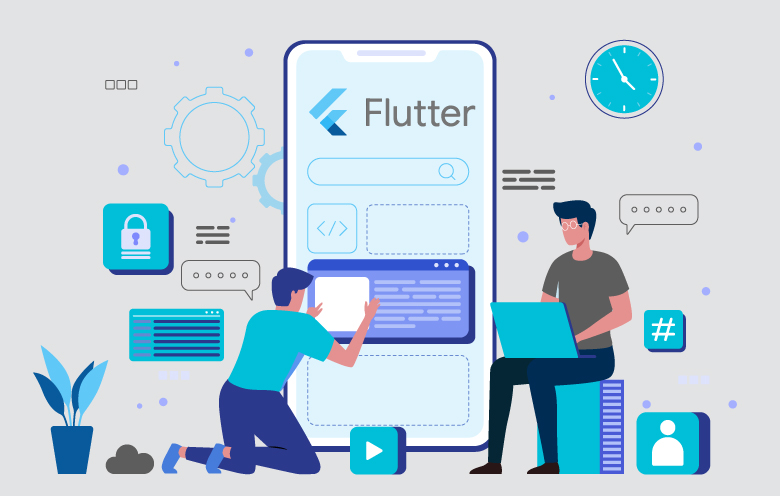
FLUTTER AND FIREBASE DEVELOPER
This Flutter and Firebase Developer course is designed to teach students how to build powerful, cross-platform mobile apps using Flutter and integrate them with Firebase backend services. Covering Dart fundamentals, Flutter UI components, state management, and responsive design, the course focuses on practical app development. Firebase modules include authentication, Firestore database, cloud storage, push notifications, and analytics. Students will work on real-world projects to apply concepts like navigation, API integration, and deployment. By the end, learners will be capable of developing, testing, and publishing full-featured mobile apps for both Android and iOS, using a single codebase.
REQUEST FREE DEMO
CLOUD COMPUTING COURSES

AWS BASIC DEVELOPER
This beginner-friendly course introduces the fundamentals of cloud computing through hands-on experience with Amazon Web Services (AWS). Learners will explore key concepts such as cloud architecture, service models (IaaS, PaaS, SaaS), and deployment types (public, private, hybrid). The course covers core AWS services including EC2 (virtual servers), S3 (cloud storage), RDS (databases), IAM (user access), and CloudWatch (monitoring). Through guided labs and real-world examples, students will learn to launch, configure, and manage resources in the AWS cloud environment. By course end, participants will understand how cloud infrastructure works and be prepared for further cloud or AWS certifications.
REQUEST FREE DEMO

AZURE BASICS DEVELOPER
This introductory course offers a practical foundation in cloud computing through Microsoft Azure, one of the leading cloud platforms. Learners will understand essential cloud concepts such as service models (IaaS, PaaS, SaaS), deployment types, and Azure’s global infrastructure. The course covers key Azure services including Virtual Machines, Blob Storage, Azure SQL Database, and Azure Active Directory. Students will gain hands-on experience creating and managing resources in the Azure portal, setting up basic security, and understanding cost management. By the end of the course, learners will be equipped with the knowledge to begin working with Azure and pursue further cloud certifications.
REQUEST FREE DEMO
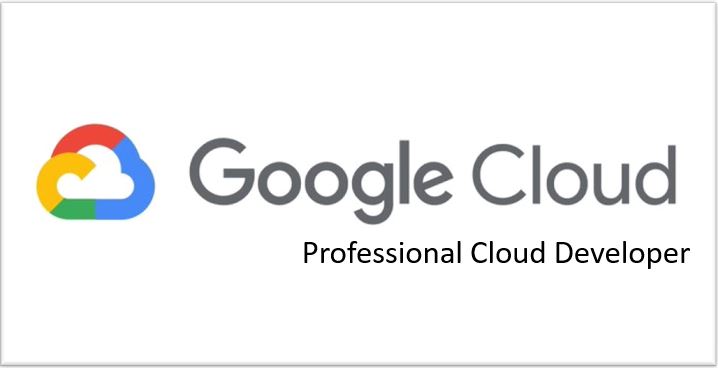
GOOGLE CLOUD PLATFORM BASICS DEVELOPER
This beginner-level course introduces cloud computing fundamentals through hands-on experience with Google Cloud Platform (GCP). Learners will explore core concepts such as cloud models, global infrastructure, and resource management. The course covers essential GCP services like Compute Engine (VMs), Cloud Storage, Cloud Functions, BigQuery, and Identity and Access Management (IAM). Students will gain experience using the Google Cloud Console and Cloud Shell to deploy and manage resources. Emphasis is placed on scalability, security, and cost control. By the end of the course, learners will have a solid understanding of GCP and be ready for advanced training or certification.
REQUEST FREE DEMO
DATA ANALYTICS COURSES
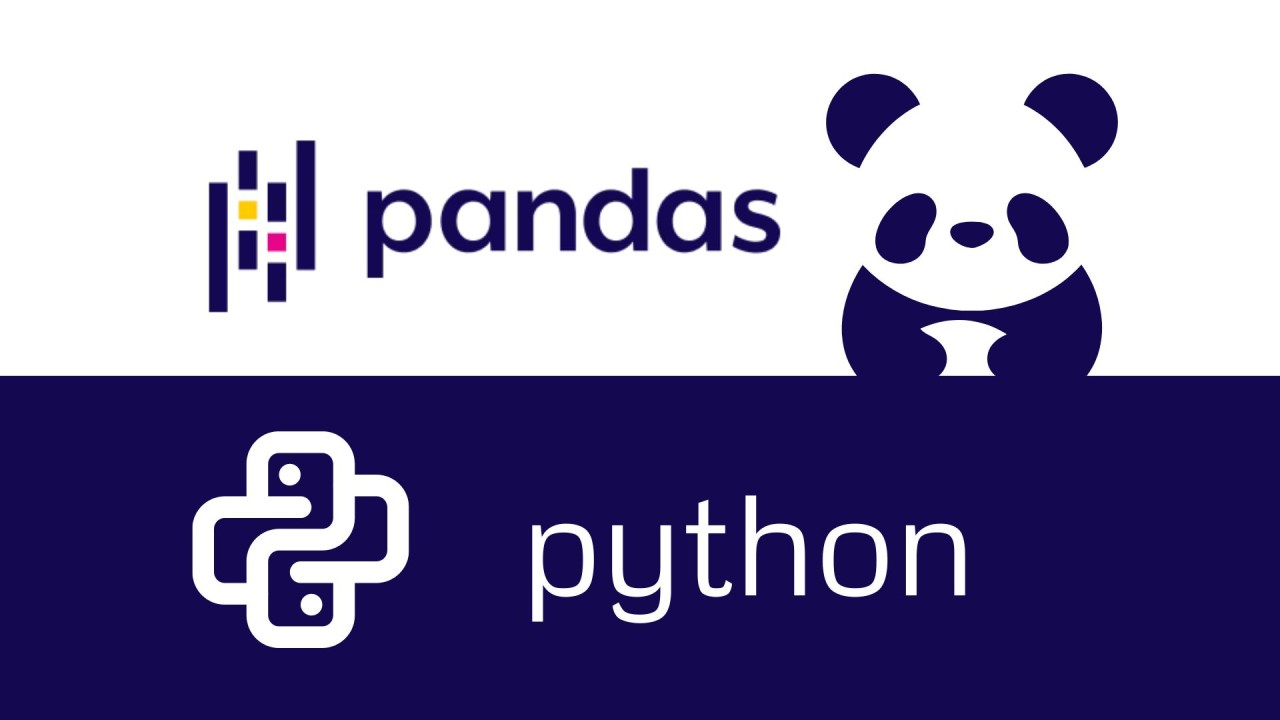
ANAYTICS – PYTHON AND PANDAS
This course teaches real-world data analytics using Python, focusing on practical skills over theory. Students learn how to clean, transform, and analyze datasets using Pandas and NumPy. Core topics include working with CSV/Excel files, filtering data, grouping, merging datasets, and generating insights. Learners also explore time-series analysis, data wrangling, and performance optimization. The course includes multiple case studies across finance, e-commerce, and social data to ensure contextual understanding. Ideal for aspiring data analysts or professionals wanting hands-on Python skills, this course helps build confidence in solving analytical problems with code in real business settings.
REQUEST FREE DEMO
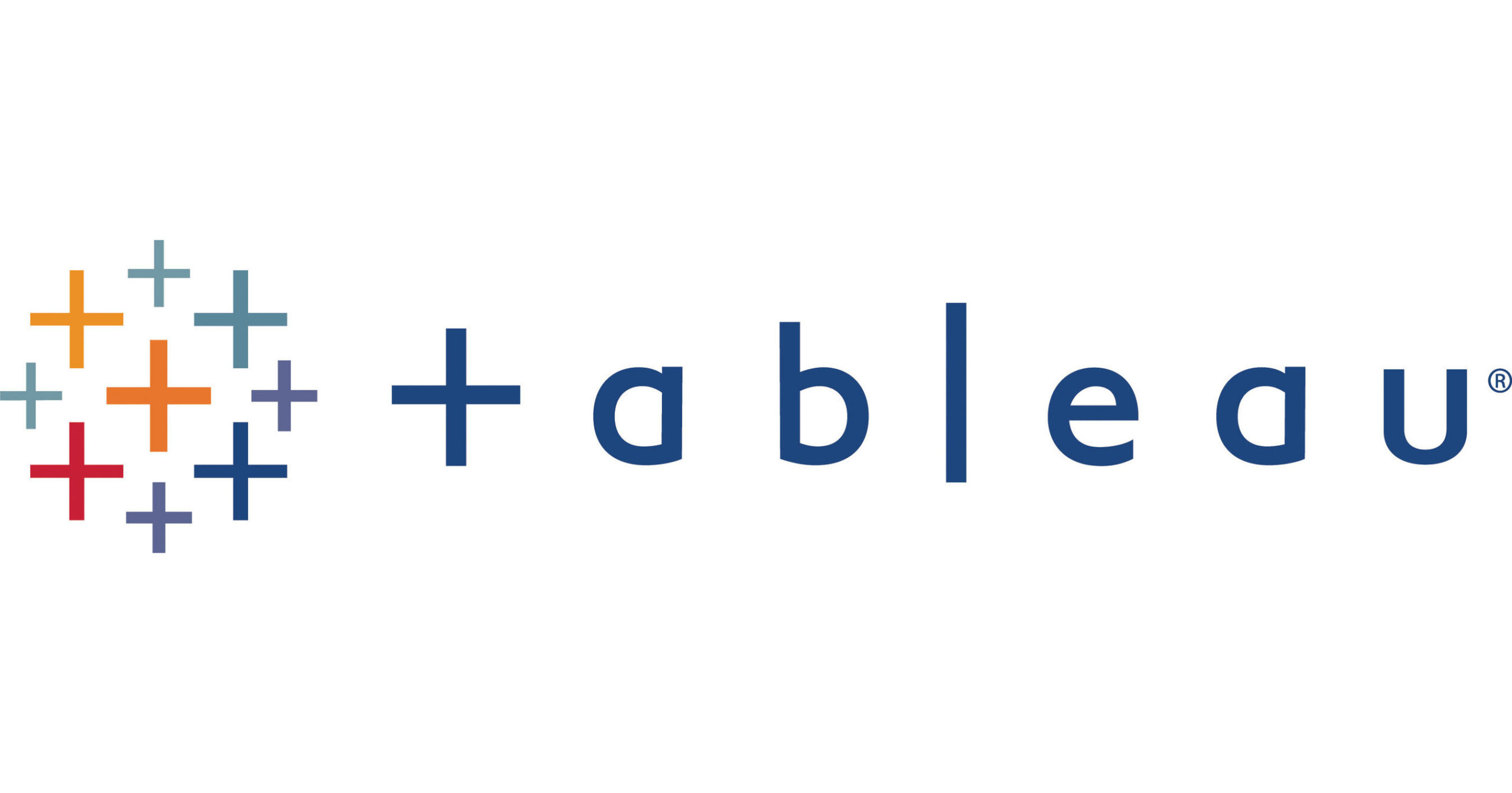
DATA VISUALIZATION WITH TABLEAU
This course focuses on turning raw data into compelling visuals and dashboards using Tableau, one of the most widely used data tools in business. Learners explore key concepts such as chart selection, interactivity, and dashboard design. Through hands-on projects, students work with real datasets from marketing, sales, and customer feedback to craft visual narratives that drive business decisions. Emphasis is placed on user-centered design, storytelling frameworks, and insight communication. By the end of the course, learners can build and present professional dashboards and are well-prepared for roles in business intelligence, reporting, or data visualization.
REQUEST FREE DEMO
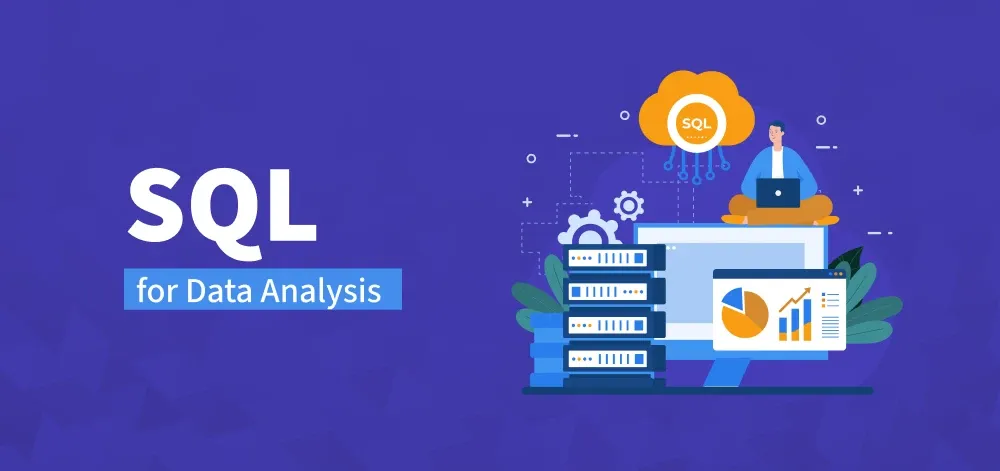
SQL FOR ANALYTICS
This hands-on course teaches SQL from the ground up, guiding learners from basic SELECT statements to advanced analytical queries. Using real-world databases (e.g., sales, HR, and customer data), students master joins, subqueries, window functions, aggregation, and performance tuning. The course emphasizes solving actual business problems like churn prediction, customer segmentation, and sales trends using SQL. Learners write queries directly in a cloud-based SQL editor, gaining practical experience that mirrors workplace demands. By course end, students can confidently extract, manipulate, and analyze data from relational databases—an essential skill for any data analyst or business intelligence role.
REQUEST FREE DEMO
AI AND AUTOMATION COURSES
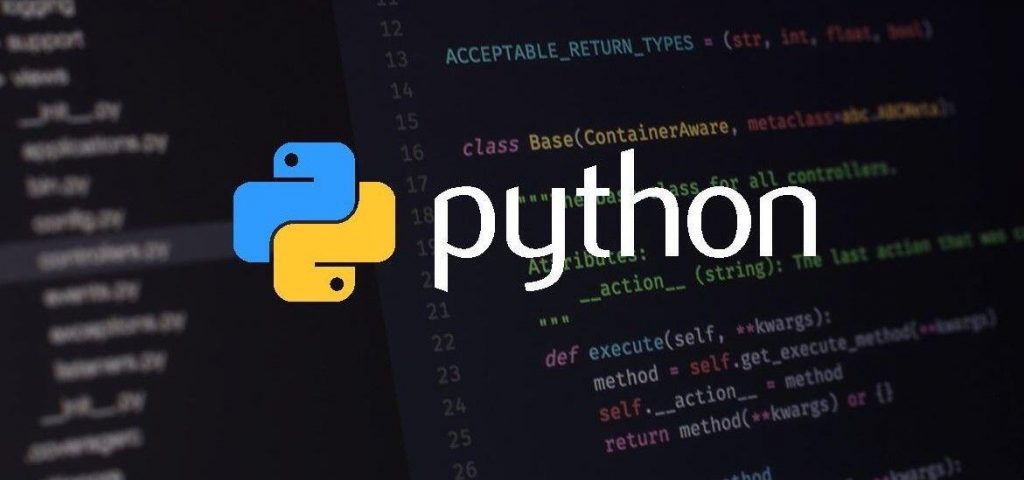
ARTIFICIAL INTELLIGENCE WITH PYTHON
This course provides an introduction to AI concepts and teaches Python programming skills to implement AI algorithms. Topics include machine learning basics, data preprocessing, decision trees, linear regression, and clustering. Students will learn how to apply these techniques in real-world problems using Python and libraries like scikit-learn. Hands-on coding exercises and projects help students develop the skills to build basic AI models, enabling them to explore areas like AI in healthcare, retail, and finance.
REQUEST FREE DEMO
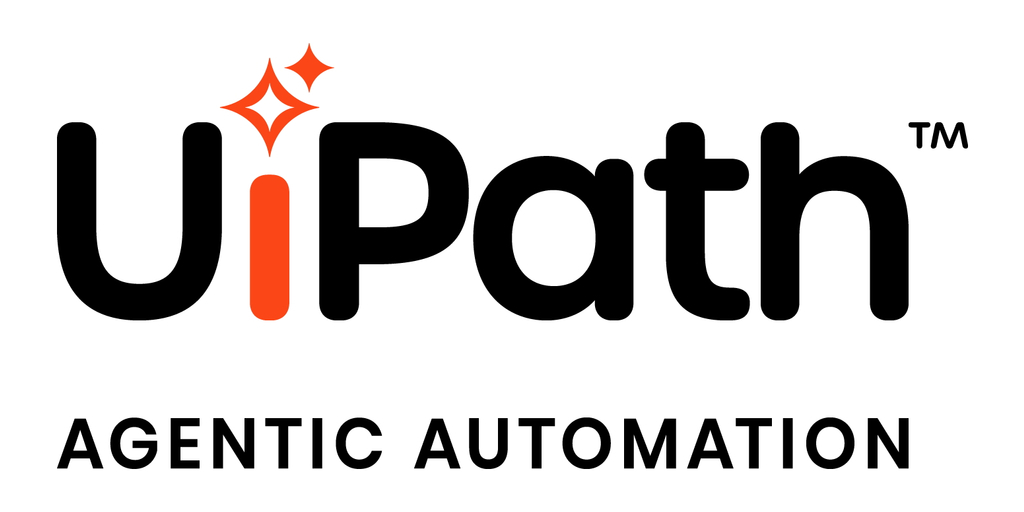
ROBOTIC PROCESS AUTOMATION (RPA) with UiPath
In this course, students will learn the principles of Robotic Process Automation (RPA) and how to automate business processes with UiPath, a leading RPA tool. The course covers creating simple bots, automating workflows, scraping data, automating applications like Excel, and handling emails. Since UiPath has a free community edition, students can practice and build their projects without additional costs. By the end, students will be able to design and deploy automation solutions to streamline office tasks, improve productivity, and reduce human error.
REQUEST FREE DEMO
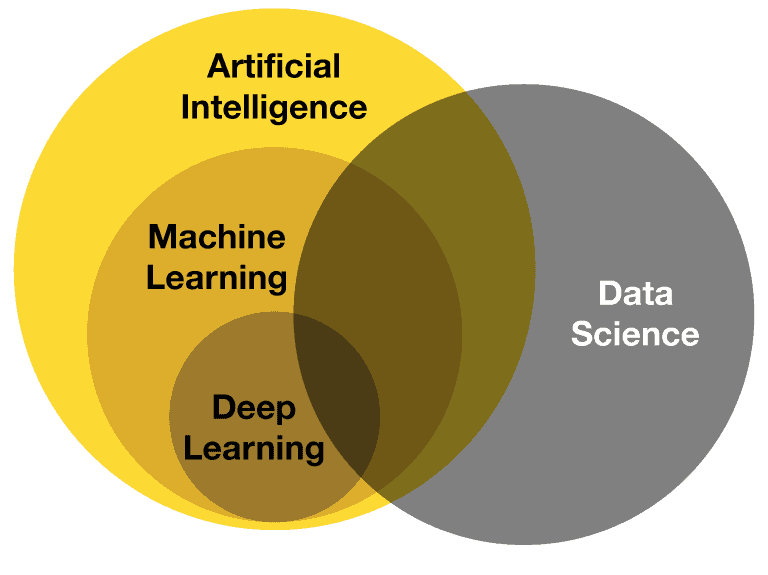
DATA SCIENCE AND MACHINE LEARNING WITH PYTHON
This course covers essential data science and machine learning techniques, such as data cleaning, exploratory data analysis, supervised and unsupervised learning algorithms, and model evaluation. Students will learn to use Python libraries like scikit-learn, Pandas, and Matplotlib to process datasets and build models for classification, regression, and clustering. The course emphasizes project-based learning, with students working on real-world datasets to gain practical experience. By the end, learners will have the skills to analyze data, develop predictive models, and automate decision-making processes using machine learning.
REQUEST FREE DEMO
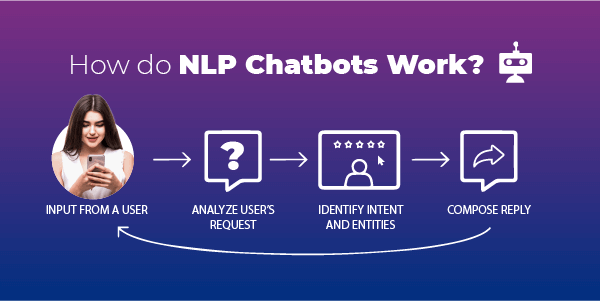
CHATBOTS AND NATURAL LANGUAGE PROCESSING
This course focuses on building basic chatbots and understanding natural language processing (NLP) using Python. Topics covered include text processing, sentiment analysis, intent classification, and keyword extraction. Students will learn how to build rule-based chatbots and then move on to machine learning-based conversational models using libraries like NLTK and TensorFlow. By the end, students will have a fundamental understanding of NLP and be able to create simple AI-driven conversational systems.
REQUEST FREE DEMO
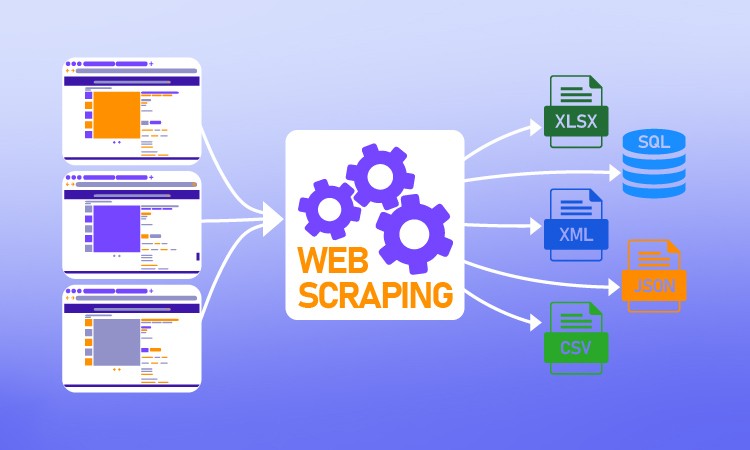
WEB SCRAPING AND DATA COLLECTION
In this course, students will learn how to automate data collection through web scraping. Using Python libraries such as BeautifulSoup, Selenium, and Requests, they will extract data from websites, interact with web pages, and store the information in databases or spreadsheets. The course covers techniques like scraping dynamic content, handling CAPTCHAs, and working with APIs. Students will be able to automate routine data extraction tasks, enabling them to gather business intelligence or conduct research efficiently.
REQUEST FREE DEMO
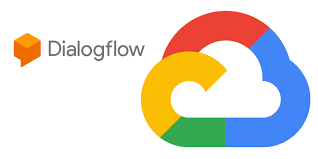
AI CHATBOTS USING DIALOGFLOW
This course teaches students how to design and implement conversational AI bots using Google Dialogflow. The focus is on building simple bots that can understand user input and provide contextually relevant responses. Students will learn to create intents, integrate external APIs, and deploy their bots on web platforms, social media, and messaging apps. By the end of the course, learners will have practical experience in building AI-driven chatbots that can automate customer support and business communication tasks.
